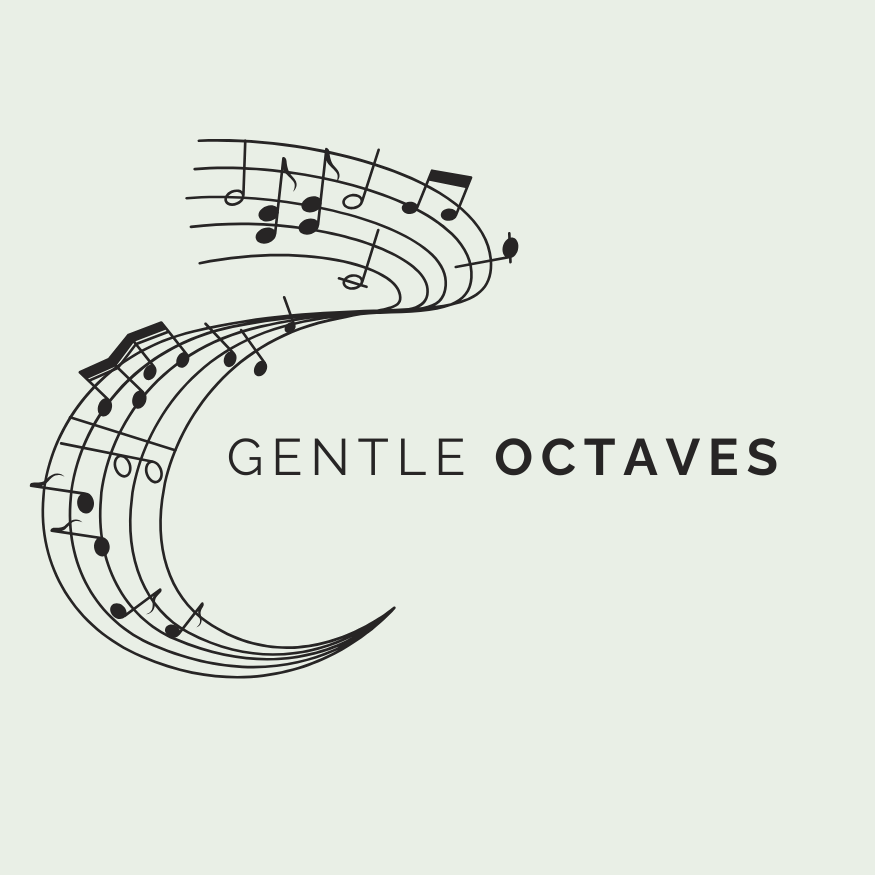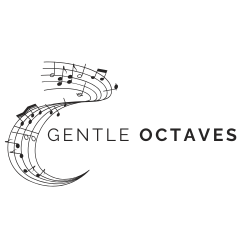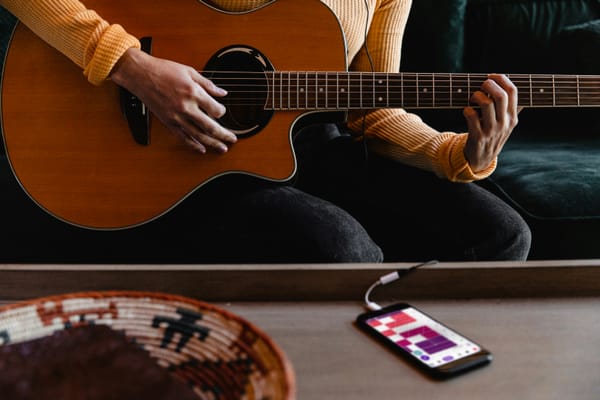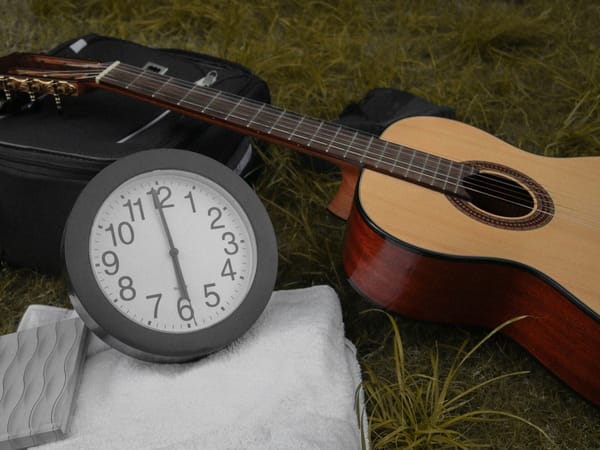The Spine-to-String Connection: How Better Guitar Posture Saves Your Back
Small changes in posture can protect your spine, ease tension, and make playing feel effortless. Your hands might be screaming at you but the real problem could be in your back
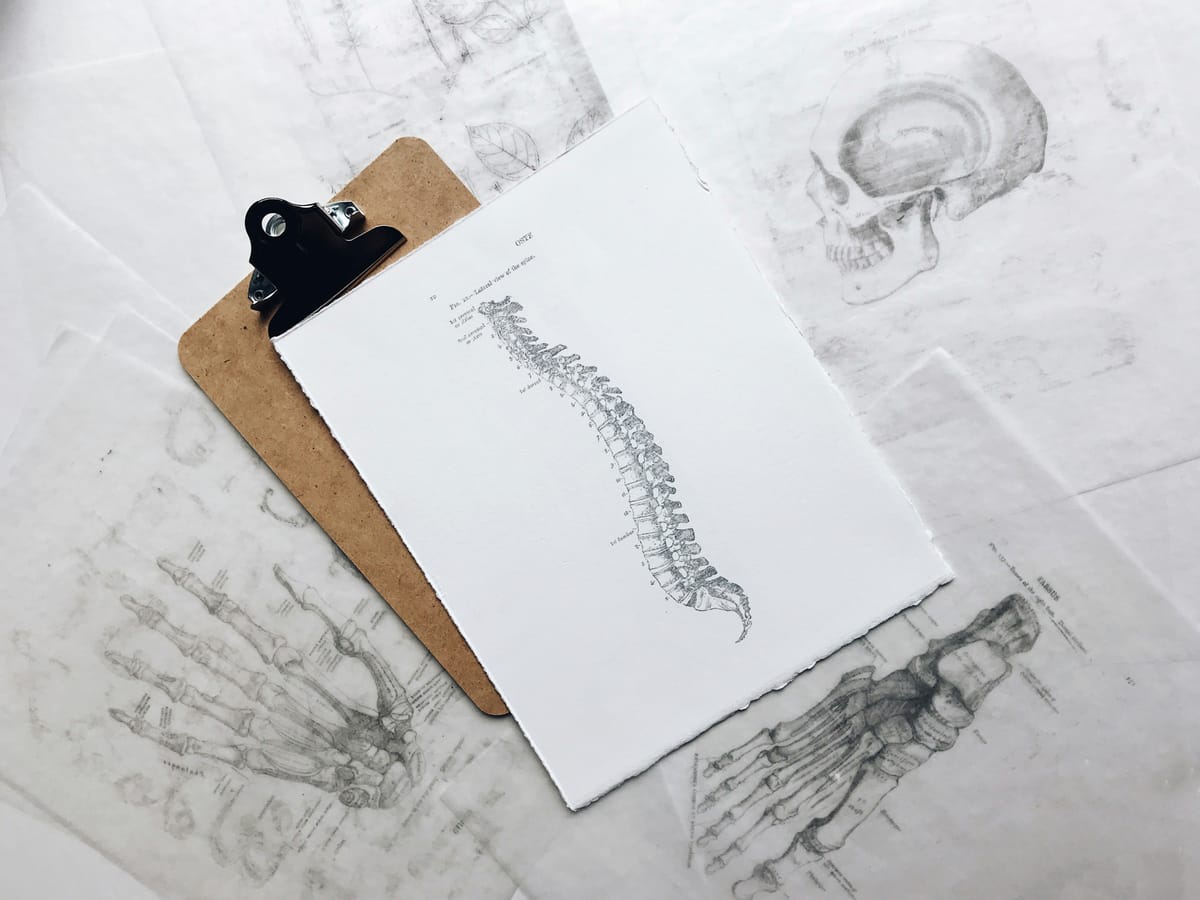
Small changes in posture can protect your spine, ease tension, and make playing feel effortless.
Your hands might be screaming at you but the real problem could be in your back.
Most guitarists don’t think about their spine until it’s already protesting. A dull ache after practice. A stiff neck the next morning. Or that creeping shoulder tension that makes your fingers clumsy.
Here’s the quiet truth: your back is the bridge between you and your guitar. If it’s out of balance, everything else : from your fretting precision to your tone , starts to suffer.
I’ve seen it in my own playing and in the players I’ve coached. The good news? You can fix it before it sidelines you.

Why Your Spine Matters More Than You Think
Think of your spine as the main highway for every nerve signal your brain sends to your hands. When your posture collapses, you’re creating traffic jams (Ylinen et al., 2003). Muscles work harder, nerves fire less efficiently, and fatigue sets in fast.
An osteopathic principle I share with my students: “Where there’s restriction, there’s compensation.” If your lower back is hunched, your neck and shoulders will overwork to keep you in position and your hands will pay the price.
When your posture supports your playing, your playing supports your posture.
Common Guitar Posture Mistakes That Strain Your Back
Slouching Into the Guitar
That forward curl feels relaxed, but it compresses your lower back and robs your lungs of space (Kera & Maruyama, 2005).
Chair & Seat Height Issues
If your hips are lower than your knees, your pelvis tilts back. That’s a shortcut to low-back ache (Bridger et al., 2015).
Reaching Too Far for the Neck
Stretching forward twists your spine and loads your discs unevenly — a recipe for stiffness.
Shoulder and Neck Creep
If your shoulders are trying to kiss your ears, it’s time for a break.
Neglect your back and your music will ache; care for your back and your music will sing.
How Better Posture Improves Playing
When your spine is neutral, your breathing opens up (Kera & Maruyama, 2005). You last longer without fatigue, and if you sing, your voice gets steadier.
A balanced spine means your hands can work without fighting the rest of your body. Blood flow improves. Nerve signals are clear. The result? Cleaner fretting, smoother strumming, and fewer “my hands just won’t do it today” moments.
You can chase the notes and lose your body, or honour your body and find the notes.
Five Back-Friendly Moves for Guitarists
- Neutral Spine Check – Sit tall, shoulders back and down, chin level. Imagine a string pulling you up from the crown of your head.
- 3-Point Contact Rule – Both feet flat, sit bones grounded, shoulder blades gently touching the backrest.
- Micro-Break Shoulder Rolls – Every 10–15 minutes, roll shoulders forward and back to release tension.
- Standing Practice Intervals – Alternate between sitting and standing to avoid compression (Callaghan & McGill, 2001).
- Guitar Height & Strap Adjustments – Keep your guitar in a position where both wrists feel relaxed and neutral.
When to Seek Professional Help
If pain lingers beyond a week, spreads to your arms or legs, or affects daily activities, it’s time for an assessment. A manual osteopath, physio, or music-focused health practitioner can spot habits you don’t notice — and give you custom fixes.
Your back doesn’t care how great your solo is if you’re slouching, it’s filing a complaint.
Conclusion: Your Back Is Part of Your Sound
Your spine isn’t just holding you up. It’s shaping your tone, your stamina, and your ability to lose yourself in the music.
One adjustment today could mean ten more years of pain-free playing. So sit tall, breathe deep and let your spine be part of your sound.
Your turn: What’s one posture habit you’ve changed that made your playing easier? Share it someone else might need to hear it.
Gentle Octaves is a music coaching space for adults over 40 returning to creativity or just starting out. With a background in Psychology, Osteopathy, and Corrective Exercise, we help people overcome pain, anxiety, and self-doubt through music. Learn more or book a session here.
For the curious minded
- Bridger, R. S., Orkin, D., & Henneberg, M. (2015). Postural determinants of back pain in musicians. Applied Ergonomics, 50, 41–46.
- Ylinen, J., et al. (2003). Effects of posture on nerve conduction. Journal of Orthopaedic & Sports Physical Therapy, 33(1), 21–27.
- Kera, T., & Maruyama, H. (2005). The effect of posture on respiratory function. Journal of Physical Therapy Science, 17(1), 29–35.
- Callaghan, J. P., & McGill, S. M. (2001). Low back joint loading in sitting and standing postures. Spine, 26(8), 857–865.
